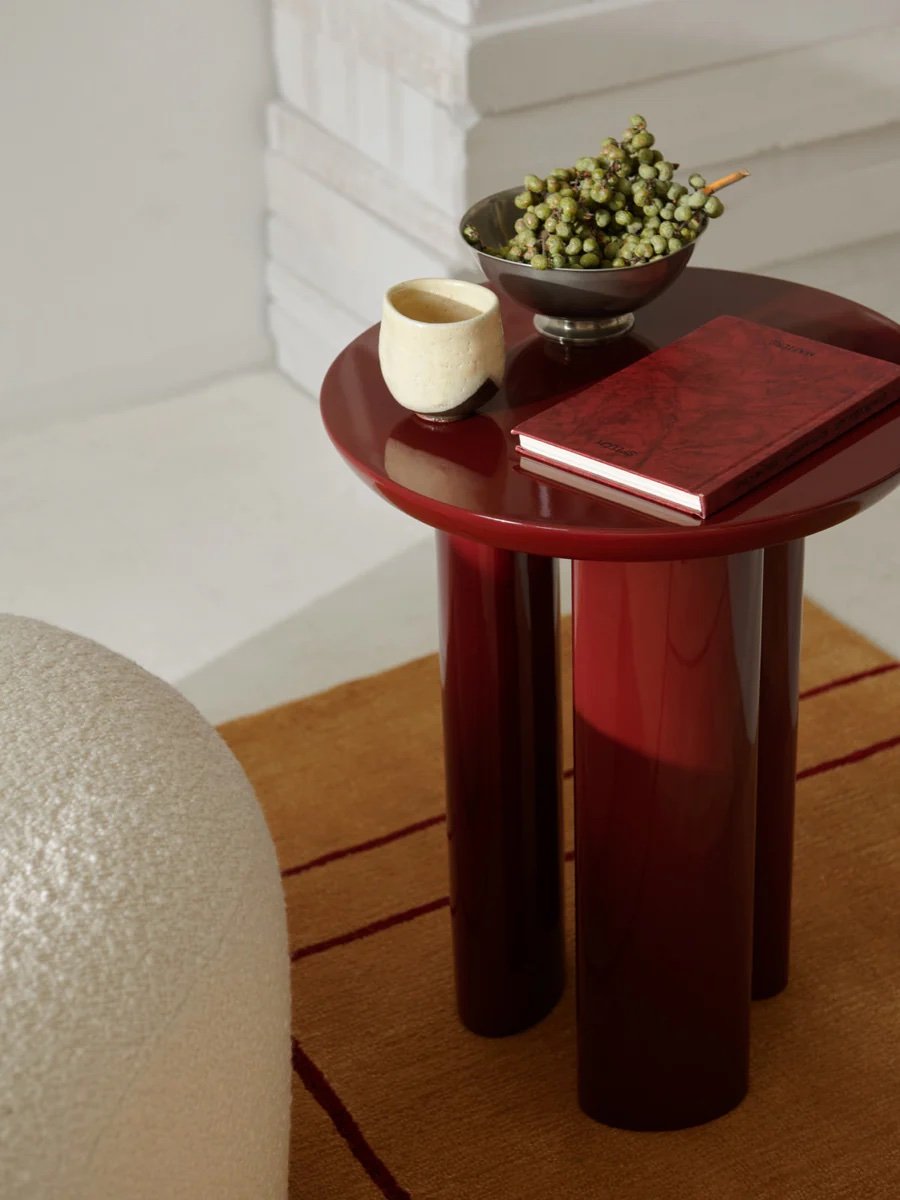UNVEILING MY METHOD TO DESIGN: THE FIRST TWO STEPS TO CREATE DREAM HOMES
Writing from my dining table today as I approach the end of a day spent in the office, brainstorming ideas for a new project - I feel drained right now as much as I am inspired by this. I had so many insightful moments while thinking and I feel like we put together some very solid foundations.
For years now, I’ve been applying my method to my projects, refining the process and never stopping learning. Some challenges are related to space and dimensions, others to functionality or style - and there’s always something new to learn. My way of facing these challenges is to rely on my process.
I didn’t invent this design method. I learned it from the masters before me, who passed it down to us through their books and lessons in our universities. Here, I’ll explain my approach to a project, whether it's a space or an object.
Let me take you through all the steps.
The first thing to say is that everything starts with a problem that we need to find a solution for. This problem can be tied to many factors and involve many elements. The first step, therefore, is to define the problem itself.
For example, in interior design, if the problem is furnishing a room, I start defining the problem by clarifying points like:
What type of space is it? A bedroom, a living room, a meeting room, a kitchen, etc. How many people will use this space? What activities will take place there? What are the current issues? What needs to be improved?
A lot of questions, right? All necessary, and they need detailed answers. But there’s a way to make things simpler: break down the problem into different parts, identifying its components.
For example, let’s say you want to furnish your living room. This translates to:
THE COMPONENTS:
A living room
3-4 people daily + occasional guests
Comfort and versatility
Sofa
Rug
Conversation chairs
Curtains
Coffee table
Side table
Colours: ochre, amaranth, and midnight blue
Easy-to-move furniture
Integrated reading area
This is a list of specific components that make up our problem, which is furnishing a room, a living room here, aka the first step to gaining a clear vision of what needs to be done.
As you move forward, this type of clarity helps you choose from millions of options, because it guides you on what’s suitable and what’s not!
Remember the recipe for ‘Gnudi’ from the previous post? You can read it HERE.
Problem = making Gnudi.
Problem definition = ricotta and spinach Gnudi for 6 people.
Problem components: spinach, ricotta, eggs, parmesan, pepper, salt, flour, and nutmeg.
Now, that’s a great start, but as you can imagine, it’s not all.
There are more steps to complete before reaching the creative phase and have fun there.
Steps that, once completed, will already lead you to make curated and informed selections, like those below, created for a beautiful living area in the works!
Revealing the other steps to design with purpose in the next article coming really soon!
Giulia x
FEATURED
FOLLOW OUR DAY TO DAY WORK

















